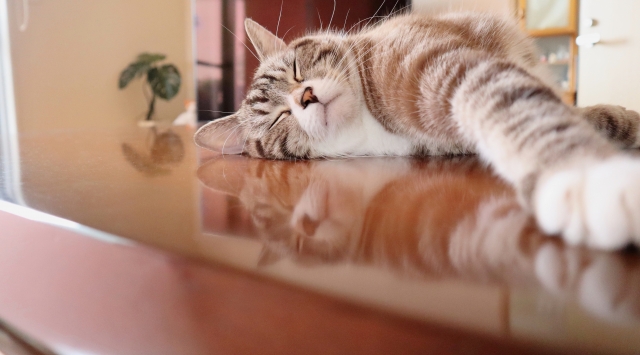Introduction
Maintaining the health of your new cat involves more than just providing shelter and food; it also includes regular veterinary care and vaccinations. Understanding the importance of these health measures can help ensure a long, happy life for your feline friend. This guide will explain the basics of vaccinations, the importance of regular vet visits, and how to manage them effectively.
Understanding Vaccinations for Cats
- Core Vaccinations: These are essential for all cats, regardless of their lifestyle. Core vaccines protect against diseases like feline distemper (panleukopenia), feline herpesvirus, and feline calicivirus.
- Non-Core Vaccinations: These vaccines are given based on a cat’s environment and risk factors. For example, the feline leukemia virus (FeLV) vaccine is recommended for cats that have outdoor access or interact with other cats.
- Vaccination Schedule: Kittens should start receiving vaccines at around 6-8 weeks of age, with booster shots every 3-4 weeks until they are about 16 weeks old. Adult cats require booster shots, the frequency of which depends on the vaccine type and the cat’s overall health and lifestyle.
The Importance of Regular Vet Visits
- Initial Health Check: When you first adopt your cat, a comprehensive health check is crucial to establish a health baseline and detect any underlying issues.
- Preventive Care: Regular check-ups aren’t just for when your cat is visibly sick. Routine visits can prevent diseases through vaccinations, parasite control (fleas, ticks, and worms), and dental care.
- Early Detection of Diseases: Early detection of conditions such as kidney disease, thyroid issues, or diabetes can significantly improve the outcome with proper management and treatment.
Preparing for Vet Visits
- Transportation: Ensure you have a comfortable and secure carrier. Acclimate your cat to the carrier by leaving it open in your home with a comfy bed inside.
- During the Visit: Remain calm to help keep your cat calm. Discuss with your vet any changes in your cat’s behavior or health, no matter how minor they may seem.
- Post-Visit: After returning home, give your cat time to adjust back to its environment. Keep an eye on the injection site for any reactions if vaccines were administered.
Managing Vet Costs
- Pet Insurance: Consider investing in pet insurance to help manage the costs of unexpected illnesses or injuries.
- Wellness Plans: Some vet practices offer wellness plans that include regular check-ups and vaccinations at a discounted rate.
- Savings Plan: Set aside a small amount monthly specifically for veterinary costs. This can be a lifesaver during emergencies or for ongoing health management.
Conclusion
Regular veterinary care and vaccinations are crucial components of your cat’s health regimen. By keeping up with vet visits and ensuring your cat receives its vaccinations on schedule, you’re providing your pet with the best chance at a long and healthy life. Remember, preventive care is less costly and less stressful than treating diseases after they have developed. Prioritize your cat’s health, and enjoy the rewarding experience of cat ownership.




